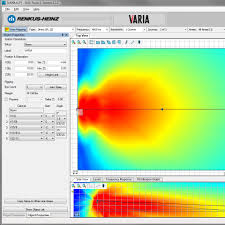记忆方法
1. disease ease.
2. easy => ease.
2. easy => ease.
中文词源
ease 简单
词源不详。
英语词源
- ease (n.)
- c. 1200, "physical comfort, undisturbed state of the body; tranquility, peace of mind," from Old French aise "comfort, pleasure, well-being; opportunity," which is of unknown origin, despite attempts to link it to various Latin verbs; perhaps Celtic. According to OED, the earliest senses in French appear to be 1. "elbow-room" (from an 11th century Hebrew-French glossary) and 2. "opportunity." This led Sophus Bugge to suggest an origin in Vulgar Latin asa, a shortened form of Latin ansa "handle," which could be used in the figurative sense of "opportunity, occasion," as well as being a possible synonym for "elbow," because Latin ansatus "furnished with handles" also was used to mean "having the arms akimbo." OED editors add, "This is not very satisfactory, but it does not appear that any equally plausible alternative has yet been proposed."
At ease "at rest, at peace, in comfort" is from late 14c.; as a military order (1802) the word denotes "freedom from stiffness or formality." - ease (v.)
- c. 1300, "to help, assist," from Old French aiser, from aise (see ease (n.)). Meaning "to give ease, mitigate, alleviate, relieve from pain or care" is from mid-14c. Meaning "render less difficult" is from 1630s; the sense of "to relax one's efforts" is from 1863 (with up by 1907, earlier with a more specific sense in sailing). Farmer reports ease in a slang sense of "to content a woman" sexually, with an 1861 date. Related: Eased; easing.
权威例句
- 1. They agreed to work co-operatively to ease tensions wherever possible.
- 他们同意互相配合尽一切努力缓解紧张局势。
- 2. Breathe out and ease your knees in toward your chest.
- 呼气,膝部放松向胸部靠拢。
- 3. They sprawl at ease across the sofa, arms draped over the back.
- 他们惬意地躺在沙发上,胳膊搭在后面。
- 4. He gently opened the throttle, and the ship began to ease forward.
- 他轻轻松开油门杆,轮船开始缓缓前行。
- 5. He fell asleep just past midnight with tolerable ease.
- 他刚过午夜就睡着了,睡得还算安稳。
